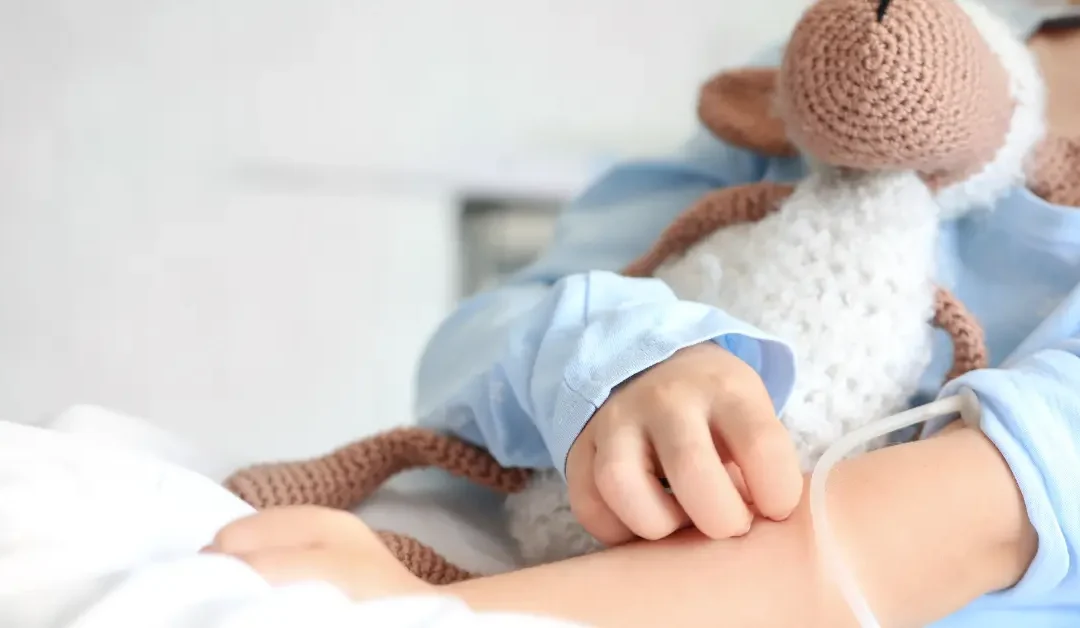The CHI hip surgery review has uncovered serious issues in paediatric care, prompting an apology from CHI and a commitment to reform.

Hearing loss claims may arise when deafness or partial hearing loss occurs due to medical negligence. This life-altering condition can significantly impact your ability to work, communicate, and enjoy everyday activities. If your hearing loss was caused by substandard medical care, you may be entitled to seek compensation.
Our dedicated solicitors can help you pursue a hearing loss claim with professionalism and care, ensuring you receive the support and justice you deserve. For a confidential consultation, please contact us at 1800-844-104 or [email protected]. You can also visit us at our 84 Talbot Street, Dublin 1, Ireland office.
Audiology Negligence or missed diagnosis by an audiologist may result in long-term medical issues or, in some cases, deafness. Paediatric Audiology in Ireland has been the focus of reviews in recent years, particularly in relation to missed diagnosis of hearing loss issues, and Coleman Legal LLP has been engaged by families whose children have suffered medical issues as a result of substandard or negligence audiology hearing tests for these children. If your child has suffered hearing loss as the result of missed diagnosis or medical negligence, you can discuss your situation with one of our medical negligence solicitors in confidence.
The HSE National Universal Newborn Hearing Screening Programme was implemented to ensure that newborn babies undergo a hearing loss screening within one month of their birth. Furthermore, its objective is to ensure that diagnostic audiology assessments are carried out on each child before the attainment of three months, and that audiological services and early intervention services are made available to babies in need of treatment before the attainment of 6 months of age. This practice is in line with international standards and supports the contention that early detection is the most effective solution to hearing impairment amongst children.
Conductive Hearing Loss happens when sounds cannot pass through the outer and middle ears. This type of hearing loss can usually be fixed by medication or surgery.
Sensorineural hearing loss occurs after inner ear damage and is the most common type of permanent hearing loss or damage.
In some situations, conductive hearing loss happens at the same time as sensorineural hearing loss (SNHL). This means that there may be damage or injury to the outer or middle ear and in the inner ear or nerve pathway to the brain. Anything that causes hearing loss (conductive hearing loss) or SNHL can result in mixed hearing loss. The two together may make your hearing worse than it would be with only one type of hearing loss.
There are more than 200 known ototoxic drugs, both prescription and over-the-counter, that are on the market today. These include medication used to treat serious infections, cancer and heart disease. Ototoxic medications known to cause permanent damage include certain aminoglycoside antibiotics, such as gentamicin (family history may increase susceptibility), and cancer chemotherapy drugs, such as cisplatin and carboplatin. Drugs known to cause temporary damage include salicylate pain relievers (aspirin, used for pain relief and to treat heart conditions), quinine (to treat malaria), and loop diuretics (to treat certain heart and kidney conditions).
In some instances, exposure to loud noise while taking certain drugs will increase their damaging effects. Prior to taking ototoxic medication, a baseline record of your hearing and balance should be recorded by an audiologist. This information can help you and your doctor make an informed decision whether to stop or change the drug treatment before your hearing is damaged. If drug treatment cannot be stopped or changed, steps can be taken to manage the effects of the hearing loss that results. During the course of your treatment, you should have periodic hearing tests to monitor the process. The effects of Ototoxic medications are well documented and audiological monitoring of patients during treatment should be routine clinical practice.
In some situations, conductive hearing loss happens at the same time as sensorineural hearing loss (SNHL). This means that there may be damage or injury to the outer or middle ear and in the inner ear or nerve pathway to the brain. Anything that causes conductive hearing loss or SNHL can result in mixed hearing loss. The two together may make your hearing worse than it would be with only one type of hearing loss.
It is advisable for you to speak to an experienced team of Medical Negligence Solicitors as soon as possible if you believe that you were not provided with an adequate or appropriate level of medical care, which resulted in you sustaining an injury or illness.
After the consultation with your medical negligence solicitor, he/she will request access to your medical records and engage an independent medical expert to assess your records. The purpose of engaging an independent expert is to establish whether there was any negligence on the part of the medical professional.
Where the independent medical expert is of the professional opinion that medical negligence did occur, upon your instructions, your solicitor will commence the process of issuing legal proceedings in Court against the medical professional and/or hospital.
The legal time limit to make a medical negligence claim is two years from the date of injury or date of knowledge that the injury or illness resulted from medical negligence. For children/minors, the time limit expires two years after their 18th birthday. You may contact a solicitor to discuss your case to advise of the Statute of Limitations applicable to your case.
A hearing loss misdiagnosis or delayed diagnosis can lead to severe and irreversible damage, affecting your ability to communicate and maintain your quality of life. The causes of hearing loss can vary, including untreated infections, ototoxic medications, surgical errors, birth-related complications, or undiagnosed underlying medical conditions. When healthcare professionals fail to diagnose or treat these conditions correctly, the consequences can be life-altering.
At Coleman Legal LLP, our dedicated team has extensive experience handling cases involving hearing loss misdiagnosis and medical negligence. If your hearing loss was caused by a misdiagnosis, delayed diagnosis, or improper treatment, you may be entitled to seek compensation. Understanding the causes of hearing loss and how medical negligence plays a role is crucial in building a strong case for your claim.
Solicitors
84 Talbot Street, Dublin 1
D01 YX60
DX 112002
Free Phone: 1800-844-104
Fax: (01) 5312727
Email: [email protected]
Web: www.colemanlegalpartners.ie
Online Enquiry Form: Apply

Head of Client Services
P: 1800-844-104
E: [email protected]
”At Coleman Legal, excellence in customer care is paramount. We aim to meet both prospective and existing client’s needs in a professional, engaging, and friendly manner with a clear objective to give quality legal advice and reach a positive outcome.”